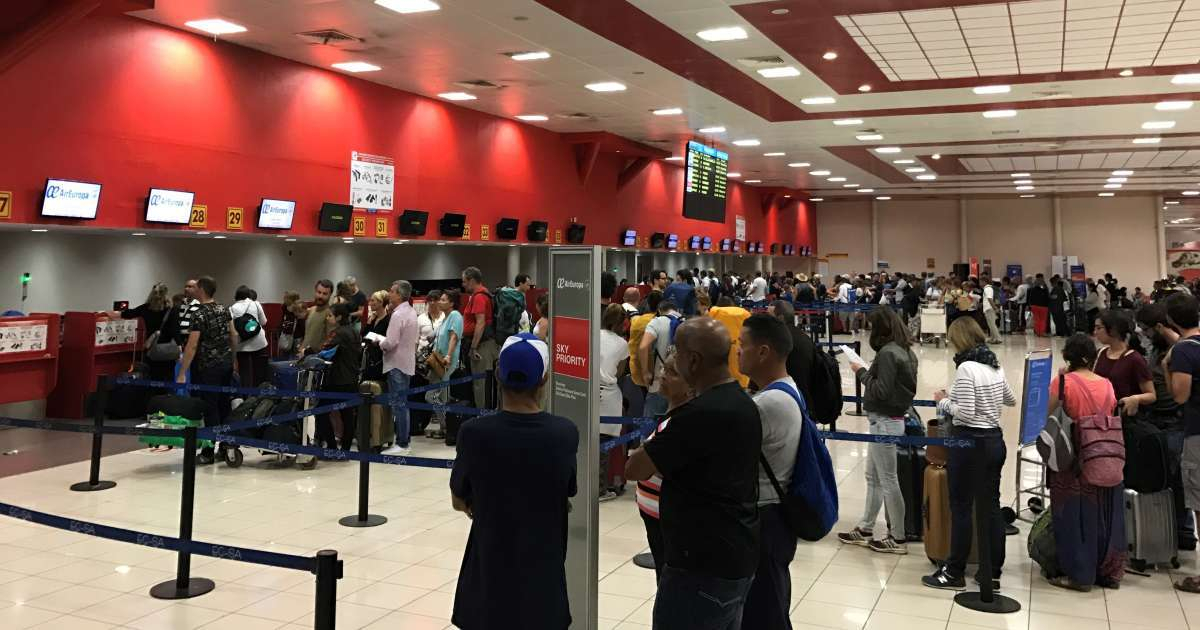
The Cuban regime justified the prohibition of political activists and opponents from leaving the country, arguing that they are cases of national security or public interest.
The first colonel Mario Méndez Mayedo, head of the Department of Identification, Immigration, and Alien Affairs of the Ministry of the Interior (MININT), spoke to the AP agency about the Migration, Foreign Affairs, and Citizenship laws that must be approved in the next session of the National Assembly.
According to the official, under the new laws, the government will maintain its authority to impose conditions for both leaving and entering the country, which will apply to "exceptional" cases, such as "national security" or "public interest."
"This issue (that of the regulated) cannot be taken out of context. Cuba faces a situation of permanent aggressiveness," Méndez said, in relation to the sanctions imposed by the United States government.
In practice, it is discretionary, not massive, but we have to weigh the political cost of preventing a Cuban from leaving and the action they will take against Cuba," added.
The Cuban government uses the term "regulated" to refer to those individuals to whom it prohibits traveling abroad, a practice established in the current migration law and which will be maintained in the upcoming one that is about to be approved.
It is an unconstitutional and arbitrary measure, since most of the time the authorities do not even explain the reasons on which it is based, and they adopt it with any citizen, even when they do not have any pending legal issues.
Writers, independent journalists, activists, or any person considered "uncomfortable" by the regime can arrive at the airport with their ticket purchased and everything ready to travel, only to find out upon arrival that they are banned.
What do you think?
COMMENTFiled under: